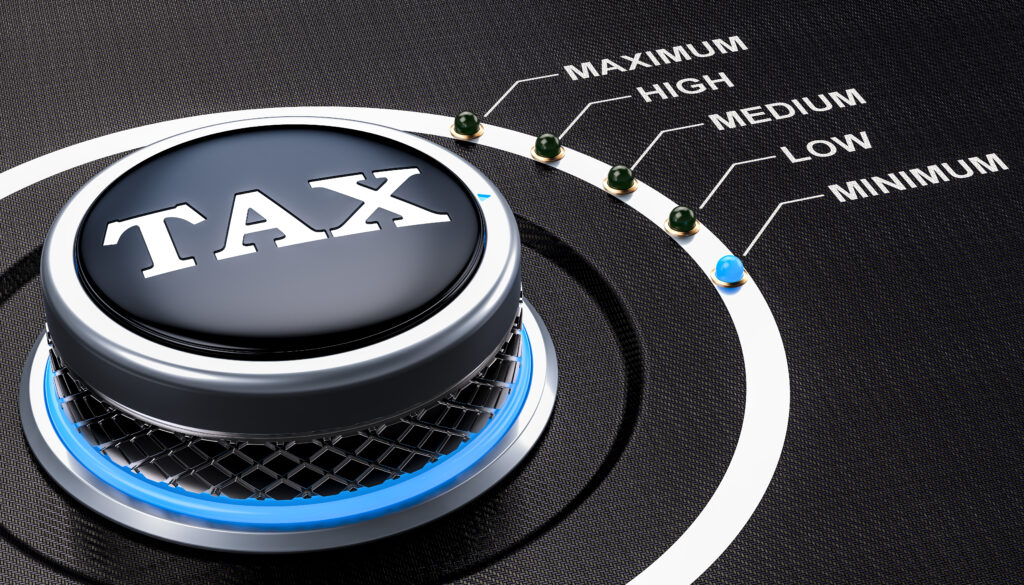Is The U.S. Really a Low-Tax Country?

Many U.S. taxpayers feel that our country’s taxes are too high, no matter which economic class you’re in. Likewise, regardless of which side of the political world you rest, most people would agree that the U.S. tax system needs some serious upgrading, and not just some fine-tuning. However, it appears that compared to many of the other developed countries in the world, the U.S. is actually on the low end of the tax scale.
According to the Organization for Economic Cooperation and Development, some of the most recent numbers show that about 30 other developed economies have higher taxes than the United States. In 2014, the U.S. government collected 26 percent of the gross domestic product revenue, which was way below the average of the rest of the world, which is 34.4 percent.
Of the 30 countries included in the report, there were only three economies that had a smaller tax percentage than the United States: South Korea, Chile and Mexico. Denmark leads the list with the highest percentage; a whopping 50.9 percent, and France, Italy, the U.K. and Germany were all over 30 or even 40 percent as well.
So why do U.S. taxpayers complain so much about taxes, if the country is actually towards the bottom of the list? It’s because the U.S. is the only country on the list that doesn’t use a Value Added Tax, or VAT. A VAT helps supplement revenue from other sources, which raises nearly 7 percent of the GDP in these countries. The U.S., on the other hand, has to count on other taxes to supplement its revenue because it does not have a VAT. And that won’t likely change any time soon.
Tips for the Self Employed in Avoiding an IRS Audit
Tips for the Self Employed in Avoiding an IRS Audit If you are self-employed, the chance that you have of being selected for an IRS audit will be closer to your ballpark. The IRS looks for red flags that when processing tax returns, targeting individuals to potentially audit. Self-employment is a flag in itself as…
5 Steps to Becoming a Millionaire
5 Steps to Becoming a Millionaire In 2011, the number of households in the United States worth over $1 million was 8.6 million. Although the thought of acquiring a million dollars may be a whimsical fantasy for some, it is not out of reach. With careful saving and investing, becoming a millionaire is possible if…
Ten Questions That You Should Ask Prior to Purchasing a Stock
1. How does the company make money? The first thing that you should understand is how the company earns money. Just because everyone else is buying the stock and the price has run up tremendously does not mean that you should also be jumping on the bandwagon. I suggest that you review the annual report…
Effective Uses of Trusts in Estate & Gift Tax Planning
Effective Uses of Trusts in Estate & Gift Tax Planning Function of Estates An estate is a legal entity that originates upon the death of an individual. An estate is set up to administer all legal affairs of the decedent to be settled and to distribute the assets owned by the decedent. Once all estate…




